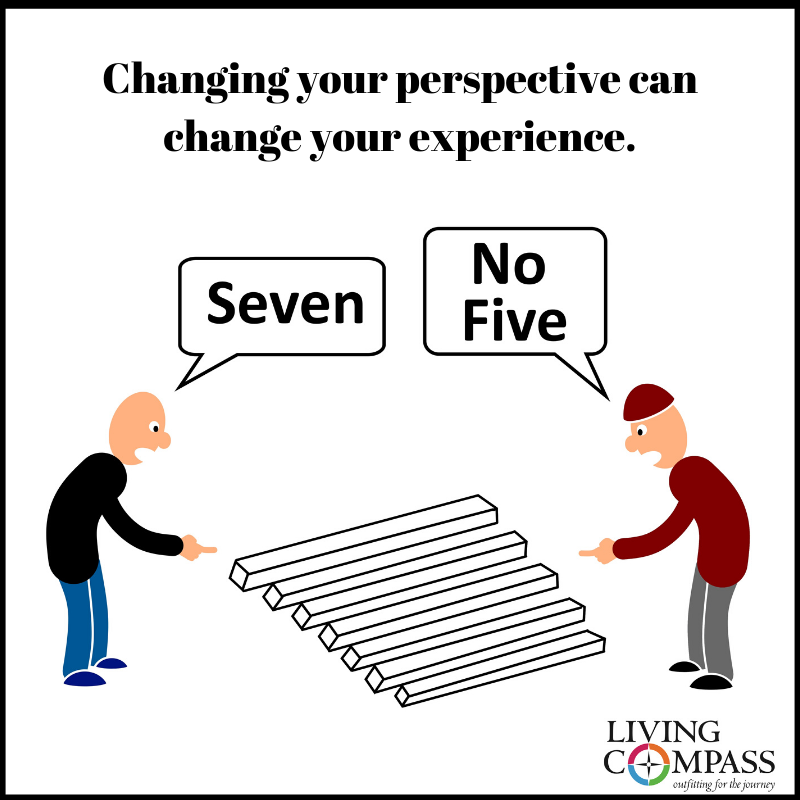Loving This Holiday Season
A common teaching of many spiritual traditions involves the practice of learning to love and find peace with life just as it is in the present moment. This teaching is an antidote to the prevailing thinking of "I will not be happy, or I won't find peace until _____ happens." This, you see, translates into something like, "I can't find love and peace within my life, or with this person, until some time in the future when the change I want to occur finally happens. Then and only then will I be happy."
Thinking that contentment cannot happen until some preferred future unfolds is a tempting form of distraction from not allowing ourselves to love things as they are and to be happy in the present moment. Another type of distraction from fully embracing the present is holding on to or wishing for the past. "If only it could be like it was last year or long ago, then I could be happy and at peace."
The holiday season is approaching, and so once again, we will have many opportunities to practice loving and finding peace with our lives just as they are in the present. We are wise to be aware, though, that the distractions to live in the future or the past become magnified this time of year.
Trying to create "perfect" holiday experiences is another form of distraction from being able to fully embrace things as they currently are. Messages like "Make it the best Christmas ever," and "Make it one they will always remember," create perfectionistic anxiety and impossible expectations. A much healthier message is, "Whatever is happening in your life this year, whatever vulnerability you are experiencing, practice embracing it fully and finding love and peace in the present moment of what is to be (or not) this holiday season."
Feelings of grief and loss are common and completely normal this time of year. We mourn for loved ones who, for whatever reason, are no longer with us to celebrate. If our loss is recent, our grief is acute, and we need to fully embrace these feelings of loss and cry our tears of sadness. The paradox is that the more we can accept any feelings of loss we may be experiencing, the more we can then be open to finding the unique blessings that this holiday season holds for us. If we instead try to repress or numb any grief that we may be experiencing, we will undoubtedly be much less able to live into and embrace the good things the present moment does have to offer us this year.
I share all this as a reminder for all of us to prepare our hearts and souls for what can be both a stressful and incredibly joyful time of year, sometimes all at the same time. If you are planning to host some kind of holiday gathering this year, you are no doubt already making preparations that will help you to welcome and enjoy your guests. In the same way, if we do some spiritual and emotional preparation for the holiday season, we will find that we have a little more room to welcome and find authentic joy in whatever this holiday season will bring for us this year.
Subscribe Now to Weekly Words of Wellness:
Click the button below to signup for the e-mail version of Weekly Words of Wellness. This weekly article can be shared with your community electronically and/or used for group discussion.
You can unsubscribe at any time.




